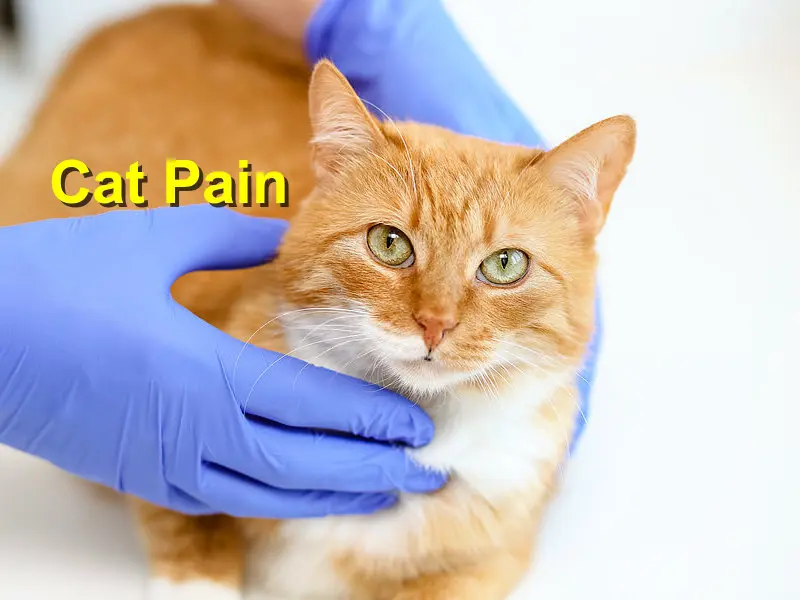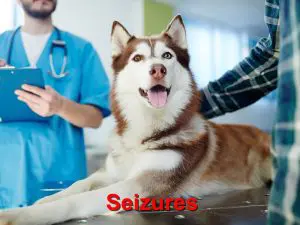How To Tell When A Cat is In Pain?
It can be heartbreaking not to know when your beloved furry friend is suffering. While most cats are good at hiding their pain, there are signs to look out for. Unfortunately, when a cat is sick the signs can be quite subtle. In the hopes of recognizing when your cat is experiencing pain or discomfort, here are some of the signs of a feline in pain or a sick cat.
1. Hiding or resistance to petting
When the cat starts snapping, swatting or growling when moved, touched or stroked, then there’s something wrong health-wise. This can indicate your cat is in pain or sick.
2. Unexplained behavior change
If your cat is super active and suddenly starts sleeping more often than usual, then this is a sign that you should consider taking a visit to the vet. Likewise, when a cat is grumpy, then maybe it’s feeling pain or is sick. For example, when cats have their teeth extracted, their disposition often changes. Sedated cats are super hyper due to pain, too.
3. Isolates from other pets
Since cats often associate pain with vulnerability, a sick cat usually isolates from other pets to avoid being an easy prey to stronger animals.
4. The cat may stick to an unusual sleeping position
If your cat is sick or in pain, you will notice that it is comfortable sleeping in one position for a prolonged period of time. That said, monitor your cat’s sleeping patterns so that you can identify signs of pain or discomfort.
5. Licking the affected area excessively
Cats that are in pain will lick the wounded area to look for relief. This is common among cats that have urinary tract infections. Moreover, sick cats might stop grooming and become scruffy and greasy. So, you should visit the vet when you notice your cat no longer pays attention to grooming.
6. Trouble urinating in the litter box
Cats with hip and back pain might have trouble when using their litter box. Check for inappropriate positions when pooping or peeing as this can indicate that your dog is sick.
Conclusion
If you suspect your cat is sick or in pain, you should visit the vet immediately to ensure it receives appropriate treatment before the condition worsens.
References: vets-now, Preventive Vet, Catster



